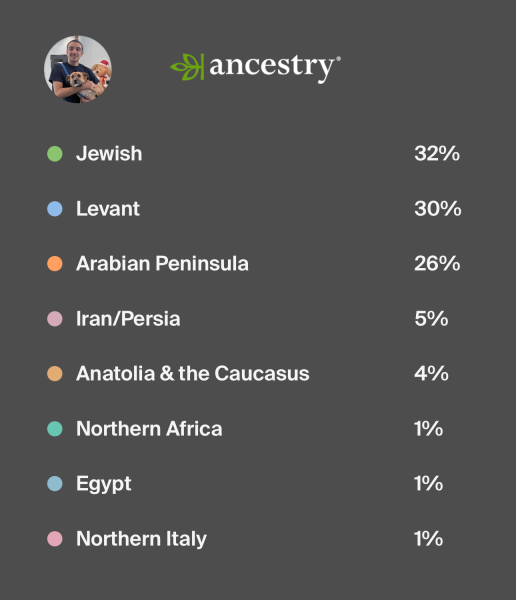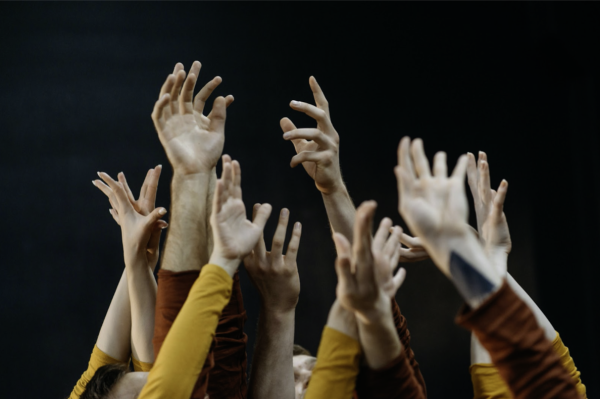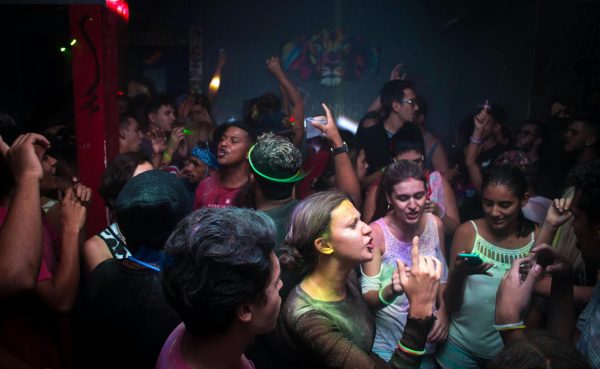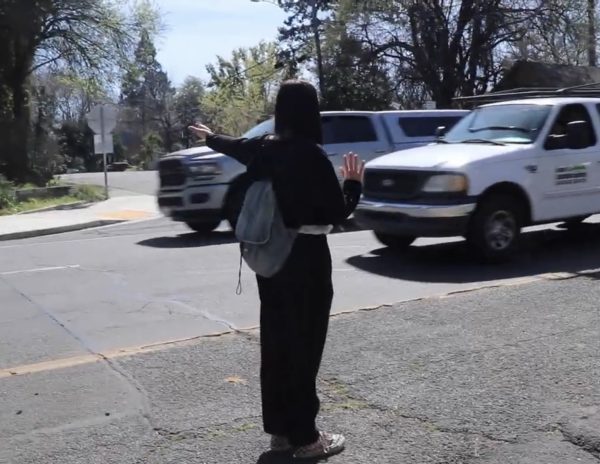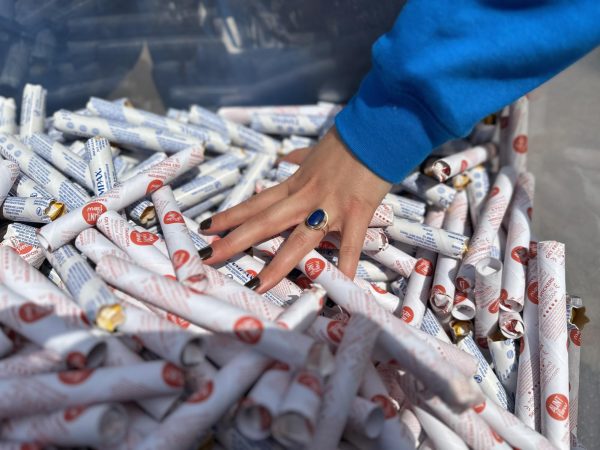Getting Kesha’s stolen voice back
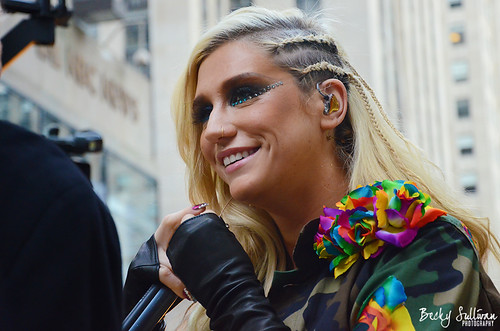
Ke$ha at the Today Show in New York, NY on November 20, 2012. “KE$HA” by Becky-Sullivan is licensed under CC BY 2.0.
Artist Kesha is left voiceless amid her continued legal battle against corporate music producer Dr. Luke.
Remember chanting “Wake up in the mornin’ feelin’ like P Diddy. Grab my glasses, I’m out the door, I’m gonna hit this city?” Success from Kesha’s debut-breakout single “Tik Tok” continued a trajectory of chart-topping hits and dance-pop singles overrunning radio. Songs such as “Your Love is My Drug,” “Take it Off” and “Blah Blah Blah” cemented songstress Kesha as a pop diva of the early 2010s.
In 2005, 18-year-old Kesha Rose Sebert signed a deal with Lukasz Gottwald’s (professionally known as Dr. Luke) company, Kemosabe Records — a subdivision of SONY. Kesha began singing background vocals and writing songs for artists such as Britney Spears and Miley Cyrus.
Kesha’s career took off in 2009, and she became known as Ke$ha. She was featured on Flo Rida’s smash-hit “Right Round” and later her own “Tik Tok,” which spent nine weeks at No. 1. This led up to the release of her debut album “Animal,” which debuted at No.1 on the Billboard 200 albums chart. Its four singles all charted in the top 10 in the U.S., and since then, the record has become one of the highest-selling albums by a female artist.
Kesha became a household name in pop culture, among peers such as Lady Gaga and Katy Perry. She continued to see massive success with the release of her EP “Cannibal,” also spawning another No. 1 single “We R Who We R.” In 2012, her second studio album, “Warrior,” delivered a lead single “Die Young,” which charted at No. 2.
Pitbull’s “Timber” featuring Kesha was released in 2013 and marked her last No 1 hit. Then silence. Kesha checked into rehab in 2014 for an eating disorder treatment, and it was at this time when she dropped the ‘$’ in her stage name. The same year she sued her producer, Gottwald, for sexual assault, gender violence and emotional abuse over the course of 10 years.
Kesha alleged he drugged and raped her on two occasions and emotionally tortured her, referring to her as a “fat-fucking refrigerator.” She alleged it contributed to her previously treated eating disorder.
A long trial ensued and Kesha’s team sought termination of her contractual agreement with Dr. Luke. In 2016, the New York Supreme Court ruled against that request. The case was thrown out as the judge reasoned even if the allegations were true, the statute of limitations was exceeded.
In 2017, Kesha released “Praying,” her first single in years, a piano ballad featuring vocals in her highest register, a major departure from her signature sing-rap-talk pop hits.
She sang, “I hope you’re somewhere praying, praying. I hope your soul is changing.”
The song expresses finding empathy for someone who’s hurt you and praying for them to find their peace.
In the same year, Kesha released her third studio album “Rainbow,” which debuted at No. 1. “Rainbow” showcased her vocal capabilities, often hidden under the dance beats of her previous work. “Rainbow,” although a commercial success, underperformed compared to her first two albums. An album that had to be submitted to Dr. Luke for approval upon release.
In 2014, Gottwald countersued Kesha for defamation. The court has never released a verdict. The stalled time between Kesha’s check-in into rehab and the court trial ruled in 2016 permanently tainted her career. Without new music, her brand suffered significantly.
Later, her fourth album “High Road,” released in 2020 during the COVID-19 pandemic, charted at No. 7. None of the four singles earned a spot on the Billboard Hot 100 Charts.
Dr. Luke continued to produce hit songs such as Doja Cat’s 2020 “Say So,” which went viral and reached the No. 1 spot on Billboard.
Kesha’s drawn-out trial against Gottwald sparked the #FreeKesha movement. She earned the support of artists such as Adele, Kelly Clarkson, Lady Gaga, Ariana Grande, Demi Lovato, Iggy Azalea and a donation from Taylor Swift of $25,000.
In the wake of the #Metoo movement, #FreeKesha reached its pinnacle of news broadcasting to the public eye. Kesha is not the latest victim to be abused by the music industry. Britney Spears and her conservatorship and Taylor Swift’s rights to her discography sold under her nose expose the unchanged gender inequality yet to be dismantled.
Kesha’s story points out the mistreatment overwhelmingly faced by women in the white, hetero male-dominated music industry. Now in her 30s, Kesha’s left to fulfill her six-album contract under Gottwald’s label. He continues to hold the profit and the strings of her every movement.
Kesha’s voice was stolen by the overbearing control of greed, exploitation, sexism and corporate power — by Lukasz Gottwald.
Josue Romo can be reached at [email protected] or @child_of_the_moon on Instagram.








